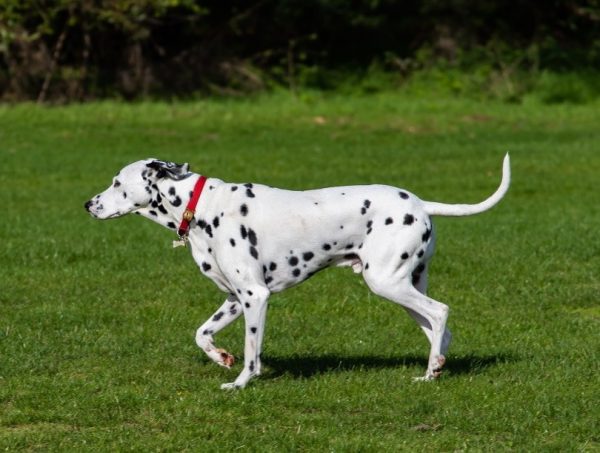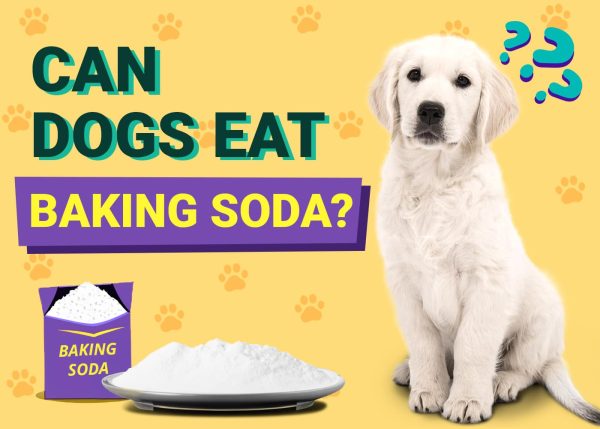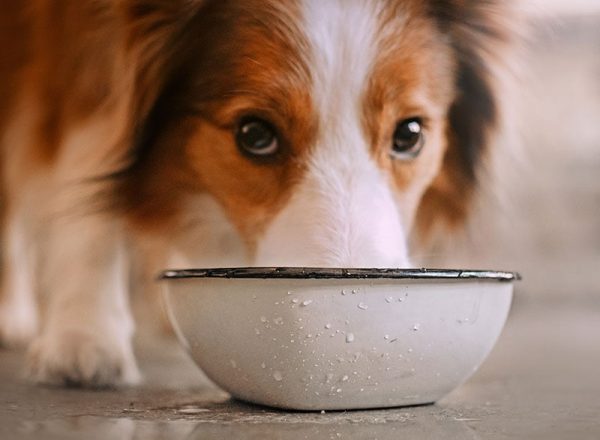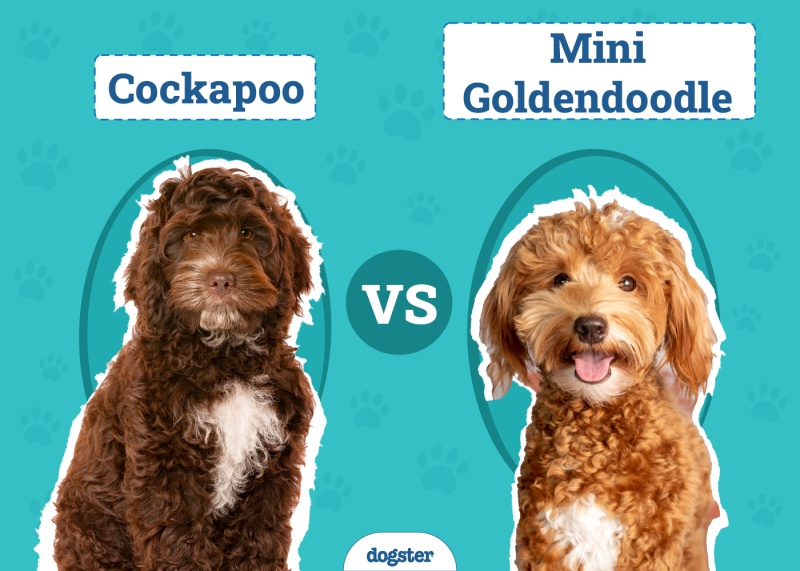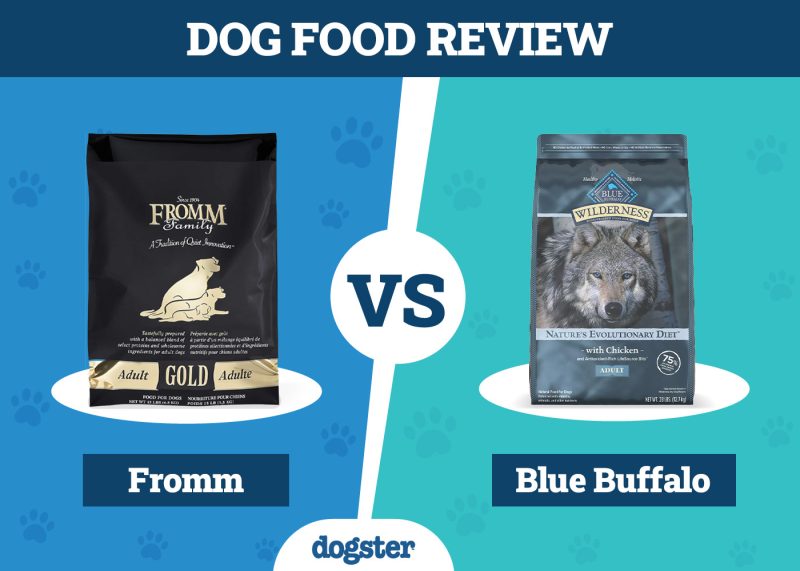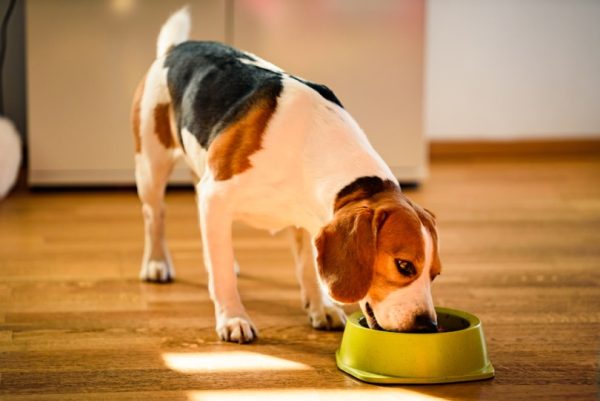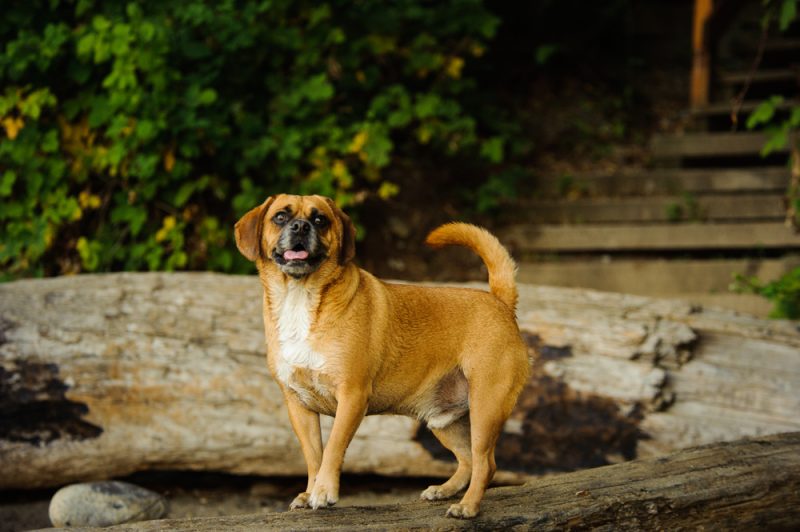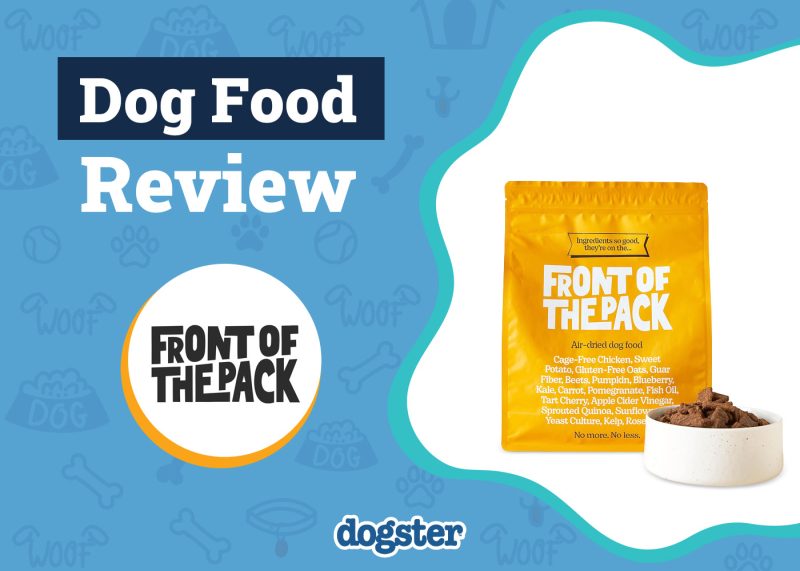In this article
View 3 More +Almost every dog owner has a hilarious story about their dog stealing their food. If your dog has stolen your bagel, it may seem funny (if slightly exasperating), but the truth is that bagels can be detrimental to your dog’s health. For this reason, you should not feed your dog bagels.
However, whether or not you need to reach out to your vet for an emergency check-up will depend largely on whether the bagel contains toxic ingredients, such as chocolate, raisins, onions, or garlic.

Can Dogs Eat Bagels?
If your dog has stolen your plain bagel there are not likely to be serious consequences. Plain bagels are not toxic to dogs, but you are still not advised to feed them to your dog regularly. Plain bagels are high in carbohydrates and the extra calories can contribute to weight gain without offering any nutritional benefit.
If you home-bake your bagels take note that uncooked bread dough should not be fed to your dog. When a dog consumes raw yeasted dough, it can rise inside its stomach. This can release toxic amounts of ethanol into your dog’s bloodstream and distend your dog’s abdomen. Severe complications, like bloat and alcohol toxicosis, may occur. If your dog appears uncoordinated, in pain, or otherwise unwell, reach out to your vet immediately.
Another concern to be aware of is xylitol, an artificial sweetener. Some baked goods may contain xylitol, which is toxic to dogs. So, while plain bagels alone are unlikely to harm your dog, there are enough health concerns that make them ill-advised.

The Health Risks of Bagels With Toppings or Other Ingredients
The main concern behind feeding bagels to dogs is the toppings or ingredients that may be included in the dough. Many of the most common toppings and ingredients in bagels are toxic to dogs, such as onions, garlic, and raisins. All bagels are particularly dangerous due to their high concentration of potentially toxic ingredients.
If your dog consumes a bagel containing onion or garlic, it is a cause for concern. Onions and garlic (including powdered forms) can cause anemia in dogs, which is the medical term for an inadequate amount of red blood cells or oxygen-carrying capacity of blood. This is because onions and garlic contain a compound that results in the body attacking your dog’s red blood cells. It is likely that your bagel won’t contain enough to cause serious harm but you need to check with your veterinarian for advice.
If your dog has developed anemia, you may notice signs like lethargy, difficulty breathing, jaundice, and collapse.
Raisins are another significant ingredient in bagels that cause health concerns for dogs. Grapes and raisins are toxic to dogs and can lead to kidney failure. There is no safe limit for grape or raisin toxicity. You should contact your veterinarian for advice after any number are ingested. If your dog vomits frequently, has decreased appetite, increased thirst, and has foul breath, these are signs that its kidneys may be failing.
If you need to speak with a vet but can't get to one, head over to PangoVet. It's our online service where you can talk to a vet online and get the advice you need for your pet — all at an affordable price!
Is Cream Cheese Okay for Dogs to Eat?
Cream cheese is a common topping for bagels, so if your dog snatched your bagel from your plate, there is a chance it swallowed some cream cheese. In small amounts, cream cheese should not cause many health concerns for your dog. However, cheese should not be given to your dog on a regular basis since dairy can upset its stomach.
If the cream cheese on your bagel contains chives, onions, garlic, or raisins, you should get in contact with your vet or pet poison helpline for advice.

What to Do if Your Dog Has Eaten a Bagel
If your dog snatched some of your breakfast, the first thing you should determine is if any toxic or dangerous ingredients were on or in your bagel. A plain bagel with no toppings is unlikely to cause severe health concerns for your dog but monitor it for any gastrointestinal upset.
If your dog consumes a bagel with hazardous ingredients, contact your veterinarian. Depending on how much your dog ate, your vet may recommend that you stay home and monitor your dog or come into the veterinary office immediately. If you have the food’s packaging on hand, you can relay the ingredients to your vet to give them a better idea of precisely what your dog ate.

Final Thoughts
No matter how vigilant you are, there are moments when your dog can catch you off guard and snatch your food right from under you. If ingredients in your food are dangerous to canines, you will need to contact your vet immediately and closely monitor your dog for any signs of poisoning. Accidents can always happen, and it is crucial to act promptly when they do.
Related Reads:
- Can Dogs Eat French Toast? Vet Reviewed Facts & FAQ
- Can Dogs Eat Sourdough Bread? Vet-Approved Facts


